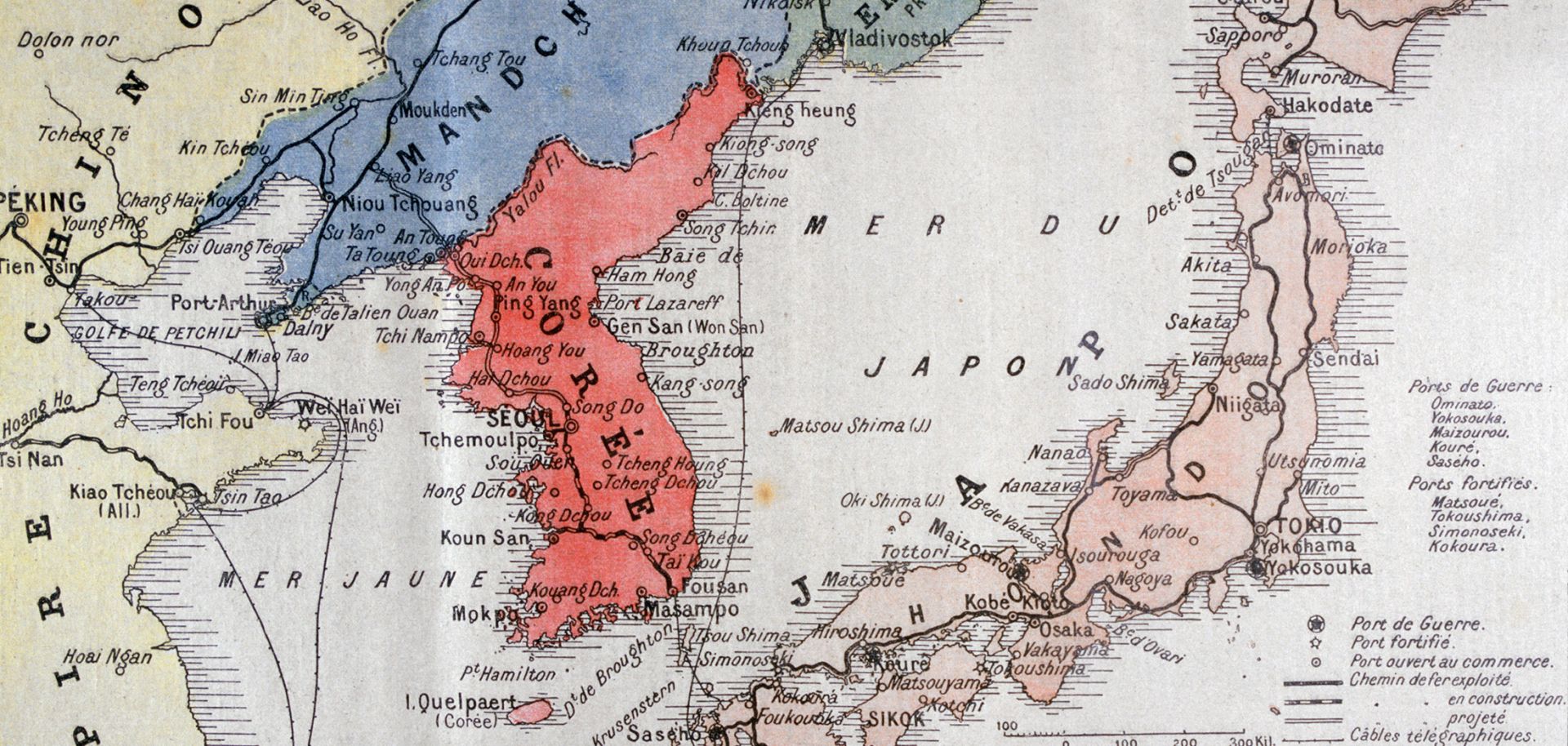COLUMNS
Seoul and Tokyo Stare Each Other Down

Jul 18, 2019 | 09:00 GMT

This map shows the theater of the war between Russia and Japan in 1904. By 1910, Japan had annexed Korea, beginning an occupation that would produce lasting enmity between the island nation and the peninsula.
Highlights
- Japan's move to impose unprecedented trade measures against South Korea to retaliate against its increasingly hard-line stance toward Tokyo's wartime conduct will leave Seoul with few options to respond effectively.
- Domestic political drivers in both South Korea and Japan will make it difficult for the two sides to reach a compromise on their outstanding wartime tensions.
- Both the United States and China will push the pair to de-escalate their impasse.
Subscribe Now
SubscribeAlready have an account?
